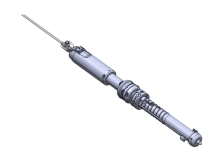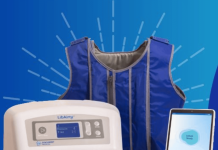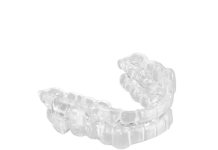US-based health technology company Hyperfine has enrolled the first patient in the clinical workflow study of its US Food and Drug Administration (FDA)-approved portable magnetic resonance brain imaging (MRI) system, Swoop system.
The observational capturing amyloid-related imaging abnormalities (ARIA) risk equitably with portable MR (CARE PMR) study is designed to assess the clinical utility and workflow benefits of the Swoop system in helping physicians detect ARIA in Alzheimer’s patients receiving amyloid-targeting therapy.
Related: CVRx has more data supporting long-term benefits of Barostim
“This information can help determine whether portable MRI—offered at the same time as anti-amyloid infusions—could lessen the inconvenience for patients’, said the study’s primary investigator, Dr Tammie Benzinger.
The study will also assess the reliability of the Swoop system in identifying brain swelling and bleeding, which have been associated with amyloid-targeting therapies across multiple US sites. The patients on Alzheimer’s treatment are required to undergo multiple MRI scans, as directed by the FDA-approved medication label for Alzheimer’s therapies, during the first year of treatment.
The Swoop system is a portable, AI-powered, ultra-low-field MRI system. It received 510(k) clearance from the FDA in 2020 and has since then received multiple clearances for software and hardware updates. The system also received a European CE mark in 2023.
The use of AI in medical imaging has been increasing in recent years. Medical imaging has been forecasted to be a major driver of the growth of AI in healthcare, as per a GlobalData AI in Healthcare report. The global revenue for AI platforms across healthcare is expected to reach about $18.8bn by 2027.
Hyperfine has also investigated the Swoop system in other workflow situations. In July 2023, the company initiated an acute ischemic stroke detection with portable magnetic resonance (ACTION PMR) observational study that evaluated the impact of the integration of the portable MR imaging system on the workflow of stroke diagnosis and treatment.
The company is also evaluating the use of its Swoop system in children with neurological injuries. The pilot study assesses if images from the system can be used in children to help manage hydrocephalus, a condition that causes fluid build-up in the brain.




